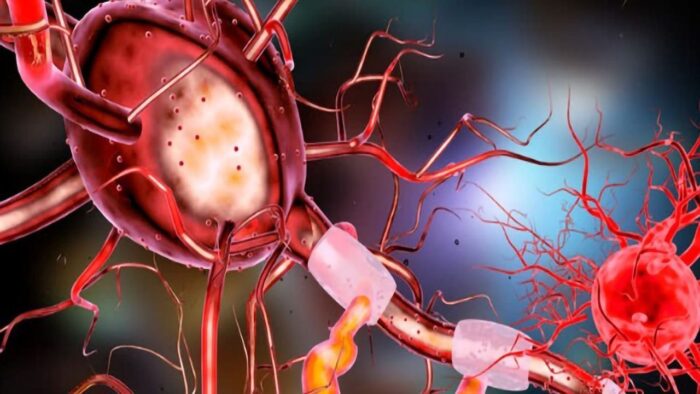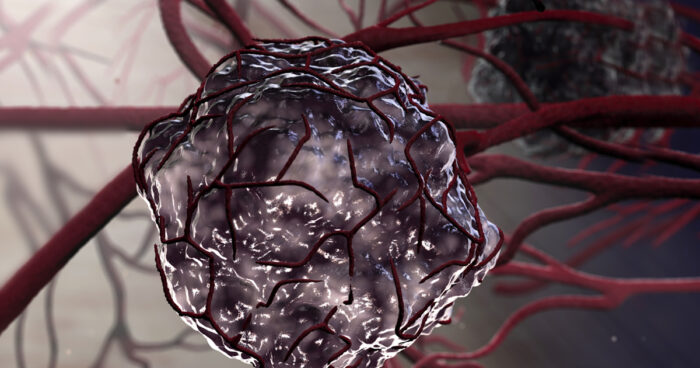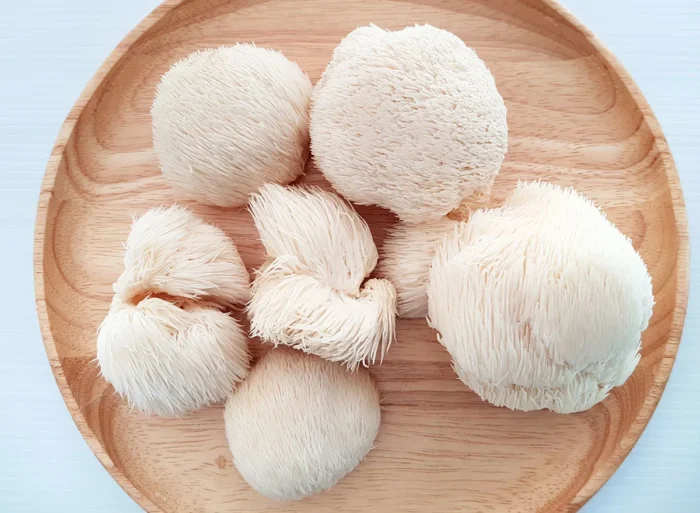If there is one part of the body you want to keep in fighting form for the rest of your life, it’s your brain. It’s certainly easy to take it for granted, it just so happens to be there, and for the most part, it works hard to do the right thing, but what do you do to take care of it?
As we get older, it’s only natural that our bodies, our brains included, will deteriorate somewhat. When it comes to the ways in which our brain function declines, it can present itself in various ways, from mental fog to forgetfulness. While you may not be able to completely avoid this from occurring there are some things you can do to help minimize the effects of this deterioration.
Activities such as brain training puzzles and games, reading, and meditative practices can all help to keep the brain active and strong, however, there are also supplements you can add to your diet and routine that are touted as being beneficial for the health of your brain.
These are known as nootropics and are essentially supplements, substances and medications that are thought to improve cognitive functioning. Today, we’re going to focus on one of these nootropics – Lion’s Mane mushroom – and some of the potential benefits you might experience from adding it to your diet.
Table of Contents
What is Lion’s Mane Mushroom?
Lion’s Mane is a type of wild mushroom that somewhat resembles a lion’s mane. It has been used for thousands of years in traditional medicine in China, Korea and Japan. It was largely used to benefit the internal organs and to promote healthy digestion.
However, in more recent times the Lion’s Mane has become a popular addition to many people’s diets due to the neurological and cognitive support it is believed to provide. The Lion’s Mane mushroom has been nicknamed the ‘smart mushroom’ because of this.
It is a mushroom that can be eaten raw, cooked, steeped in liquid, or powdered into an extract. So, adding it to your routine is as simple as adding a spoonful to your morning coffee.
But what can it possibly do for you? Well, keep reading to find out.
It may help to alleviate symptoms of anxiety and depression

Lion’s mane is thought to have anti-inflammatory abilities which may help in the functioning of the hippocampus in humans. The hippocampus is an area of the brain that is responsible for memory and emotional response processing. Inflammation that may occur in the body and brain is believed to be one of the causes of depression.
In addition to the anti-inflammatory properties of Lion’s Mane potentially reducing the effects of anxiety and depression, it may also help in alleviating these conditions as Lion’s Mane is believed to promote cell regeneration, with new cells helping the hippocampus to function better.
It could help to promote nervous system injury recovery
Your nervous system incorporates the brain, spinal cord, and nerves that travel throughout the body. It is responsible for sending messages throughout the body, essentially acting as the communication system for the body. Its functions include regulating the internal environment of the body, reflexes, memory, learning, and voluntary movement control.
When you experience an injury to the nervous system it can be extremely debilitating and require a long recovery period which might involve surgeries, rehabilitation and physiotherapy. Another potential option is the addition of a supplement like Lion’s Mane, which may be effective in stimulating the regeneration and repair of nerve cells. And the anti-inflammatory properties we mentioned might also help to reduce inflammation of the injured area, which may help to speed up the recovery process.
State of mind Regulation
It has been proven that a lion’s mane may help with stress and bereavement. The biochemical variables that may be driving this are being investigated in a recent mouse study. A usual consumption of Lion’s Mane looks to be an effective means of smoothing out emotional stumbling blocks, and it seems to do so via monitoring the quality and proliferation of axons inside the brain rather than by changing junctions. The anterior area of our mind is responsible for both thoughts and recollection. Another logical review was completed demonstrating that Lion’s Mane Mushroom aids in the prevention of synaptic dying following convulsions, furthering the discourse on nerve development specifically occurring in the region.
Rejuvenation of the Nervous system

It has been suggested that Lion’s Mane aids in the development of peripheral axons (those situated beyond the brain stem), indicating that it might assist in the welfare of patients who have been injured. Clearly, the need for strong areas for well-being is a component of the journey of repairing the body. Discouragement and despair can make it difficult to recover after a severe or little injury. Enjoying the value of Lion’s Mane in case of brain capability, anxiety and despondency reduction, and true perseverance promotion, it appears to have a possibility to assist you or a close family member in resuming a more exercise regime!
Assists with creating Neurite Outgrowth
With neurodevelopmental disorders on the rise, it’s clear that drugs that protect the neurogenesis system are in high need on our planet. Why not make Lion’s mane a daily ritual to be proactive about your brain’s health?
It’s possible that it’ll help you recover faster from neuropathic pain
The sensory system is made up of the cerebral cortex, brain stem, and various neurons that flow throughout the body. These components work together to transmit and convey information that governs almost every functional ability. Wounds to the brain or brain stem can be fatal. They typically result in a loss of mobility or mental abilities, and they might take the better part of a day to recover from. Nonetheless, research has found that the lion’s mane mushroom concentrate may help expedite wound healing by encouraging the production and regeneration of cells in the brain.
Could Help Prevent Memory Disease
The capacity of the cerebral hemispheres to form new connections reduces with age, which may explain why mental functioning deteriorates in many more experienced adults. Lion’s mane mushrooms, according to a study, offer two special pairings that can enhance synapse development. In fact, compounds from the lion’s mane mushroom have been demonstrated to prevent the harmful impact of psychological impairment in rats. Regardless, it’s important to remember that the great bulk of the research has been conducted by critters or in glass vials. More experimental investigations are necessary for this vein.
Malignant growth

The lion’s mane appears to be a guarantee of protection against malignant development, according to preliminary research. The findings suggest that lion’s mane may help to prevent colorectal tumor growth to a small degree by increasing mobility in certain cells involved in the resistant response. Another study found that the concentrate might help to prevent colorectal early stages of the disease from spreading to the airways. However, it’s too early to say whether a lion’s mane can help people avoid or slow the progression of malignancy.
May slow down the effects of cognitive decline
While you may not be able to completely avoid aging and the decline that comes with it, Lion’s Mane might help reduce the effects of it.
As we get older, the ability to grow new connections in the brain weakens, which can result in memory loss or not being as sharp as you once were. Lion’s mane may help here as it contains compounds that promote the growth of new brain cells. These compounds are called erinacines and hericenones.
Research on the topic of Alzheimer’s disease is in relatively early stages, however, there is some evidence that suggests Lion’s Mane could have potentially helped to reduce symptoms of the effects of this disease.
As you can see, there are lots of benefits you could end up experiencing when you take Lion’s mane. It’s easy to get your hands on lion’s mane products at Superfoods Australia, who offer Australian grown lion’s mane extracts, powders and products available online today. To know more visit superfoodsaustralia.com.au now.

Leave a Reply